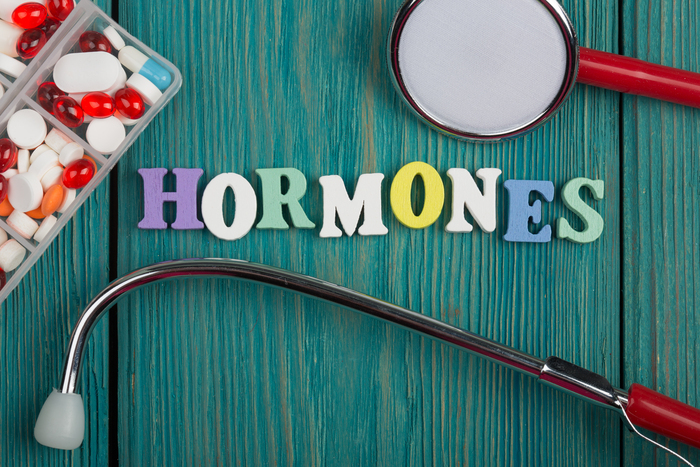To reduce symptoms associated with uterine fibroids, certain hormone therapies may be suggested by your doctor. These types of medications target hormones that regulate the menstrual cycle, which treats heavy bleeding, pelvic pain, and disorders such as endometriosis; the abnormal tissue growth outside of the uterine lining. While hormone therapy in some instances, can also temporarily shrink fibroids by reducing estrogen levels, they cannot eliminate them completely. Here are a few of the most common hormone medications prescribed for fibroid and fibroid symptoms:
Danazol
Danazol is a synthetic compound and/or androgen like testosterone. It is used mainly to treat endometriosis, fibrocystic breast disease, stop menstruation, correct anemia and even shrink fibroid tumors by decreasing the number of hormones produced by the ovaries. However, this medication has occasional side effects such as weight gain, dysphoria (feelings of depression or uneasiness) acne, headaches, unwanted hair growth and a deeper voice.
Oral Contraceptives
Oral contraceptives are another solution that many women turn to for hormone therapy. These medications are primarily used to control painful menstruation and heavy bleeding; however, they cannot reduce fibroid size and in some women, may even cause the tumors to grow larger.
Progesterone-Releasing Intrauterine Device (IUDs)
Progesterone-releasing intrauterine device (IUDs) can help provide relief for fibroid symptoms like heavy bleeding and pain, but cannot directly treat or shrink fibroids. It is not recommended for women with an extremely large uterine cavity.
Lupron
Lupron effectively overstimulates the body’s production of certain hormones and temporarily shuts down production. For women, this stops estrogen levels from rising and makes the body temporarily “menopausal”. In some cases, this treatment can shrink fibroids and decrease symptoms associated with it, but only while the medication is in use.
Gn-RH Agonists
Gn-RH agonists reduces estrogen and progesterone levels, resulting in a temporary menopausal state. This stops menstruation, improves anemia, and shrinks fibroids. However, the treatment can cause menopausal side effects such as hot flashes, night sweats, vaginal dryness, and possible bone loss. That is why it is only recommended for short-time use, preferably prior to fibroid surgery.
While hormone therapy has benefits for women suffering from fibroids, all are either recommended for temporary use due to their side effects or have no direct effect on the tumors themselves. None of these approaches are a cure to fibroids, but may bring some necessary relief prior to having surgery or embolization. For a permanent fibroid-shrinking treatment with no surgery required, learn more about the benefits of fibroid embolization by contacting The Fibroid Treatment Collective today at (866)479-1523.

